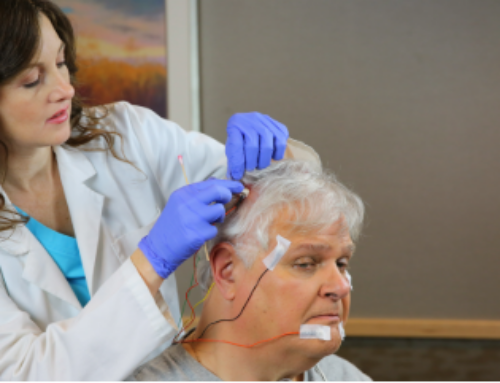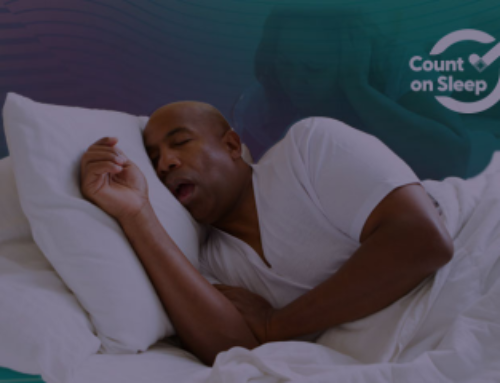Sleep is connected with your mental health. When you don’t get enough sleep, your mental health suffers.
Sleep deprivation puts you at a higher risk of having depression, anxiety, and other mental health issues. And, sleep problems are more likely to affect people who have existing mental health issues. Treating your sleep disorder may help with symptoms of mental health problems.
If you’re experiencing a sleep disorder you may meet with a sleep psychologist, one of the members of the integrated sleep care team.
What is a sleep psychologist?
Sleep psychologists study sleep and treat sleep disorders. They are highly trained mental health professionals. They develop an understanding of normal and disordered sleep. Sleep psychologists seek to understand the root of what may be causing your sleep disorder so that they can treat it.
Sleep psychologists can help those experiencing sleep problems related to:
- Insomnia
- Obstructive sleep apnea
- Narcolepsy
- Parasomnias (e.g. nightmares, sleep terrors, sleepwalking, bedwetting)
- Sleep movement disorders (e.g. restless legs syndrome)
- Sleep cycle disorders
- Dependence on sleep medications
Sleep disorders most amenable to interventions provided by sleep psychologists include: chronic insomnia, circadian rhythm disorders, and PAP non-adherence. Often, sleep psychologists may use cognitive behavioral therapy to treat sleep disorders. Cognitive behavioral therapy helps you change actions or thoughts that are hurting your ability to sleep well.
Studies have found that cognitive behavioral therapy for insomnia is more effective than medications used to treat insomnia. It is the role of sleep psychologists to administer this type of behavioral therapy to treat sleep disorders.
Because many sleep disorders affect overall health, sleep psychologists may work closely with other members of the sleep team, including physicians, surgeons and dentists, to treat co-occurring health issues.
“Close collaboration with the sleep team informs my care of the sleep patient every step of the way,” says Dr. Deirdre Conroy, clinical director of the Behavioral Sleep Medicine Program at University of Michigan. “Whether it is discussing the results of the polysomnogram, laboratory results, recent adjustments to CPAP pressure, or obtaining other updates on their health, the medical component of the patient’s treatment is integral to the mental health component.”
The treatment for your sleep disorder depends on its underlying cause. If you’re experiencing trouble sleeping, get help from the sleep team at an accredited sleep center near you.
Medical review by Deirdre Conroy, DBSM, DABSM
Related:
Authored by:
Kate Robards





